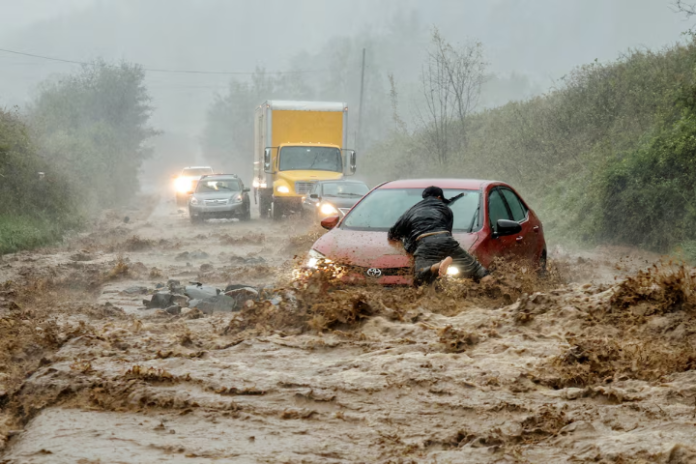As the 2025 Atlantic hurricane season looms, the Federal Emergency Management Agency (FEMA) has significantly reduced its emergency training for state and local officials—raising serious concerns about the country’s preparedness for potentially devastating storms.
Insiders, internal memos, and several current and former officials revealed to Reuters that FEMA, under the Trump administration, has slashed in-person workshops that were once key to storm readiness. Instead, most of these trainings have either been moved online or canceled altogether.
This year’s hurricane forecast is troubling. Meteorologists predict an above-average season with 17 named tropical storms, including nine hurricanes. Without up-to-date training, experts warn, emergency managers in storm-prone communities may struggle to effectively respond.
“The fewer opportunities we have to train and connect with federal partners, the more vulnerable our communities become,” said Deanne Criswell, former FEMA Administrator under President Biden. She emphasized the importance of in-person coordination and hands-on drills, particularly when new forecasting models and emergency tools are being introduced.
In a controversial move, President Trump declared earlier this year that FEMA should be dissolved and its responsibilities handed over to state governments. Since then, roughly 2,000 FEMA employees have either been fired or left due to incentives, amounting to nearly a third of the agency’s workforce.
Adding fuel to the fire, Trump recently fired acting FEMA chief Cameron Hamilton just one day after Hamilton expressed public support for maintaining the agency. His replacement, David Richardson, has vowed to “run right over” any staff who oppose Trump’s vision for a leaner FEMA.
The reduced training comes at a crucial time. FEMA’s spring sessions—traditionally used to review evacuation plans, share new storm data, and build relationships between federal and local emergency teams—are now mostly online. However, many experts argue that online sessions lack the depth and hands-on experience needed for high-stakes emergency planning.
“Practical exercises just don’t translate well to Zoom,” said Steve Still, emergency manager for New Hanover County, North Carolina. “We lose that real-world coordination and trust-building.”
FEMA’s restrictions aren’t limited to training format. Since February, agency staff have been banned from non-essential travel. And from March onward, any public speaking or training material must be approved by top legal and public affairs offices—leading to widespread delays and cancellations.

At April’s National Hurricane Conference in New Orleans, multiple FEMA-led sessions were abruptly canceled. The director of the National Hurricane Center, typically a keynote speaker, did not attend for the first time in years due to the travel ban.
While FEMA maintains that virtual trainings are ongoing, many in the emergency management field worry this shift will have real-world consequences. Lynn Budd, head of the National Emergency Management Association, stressed that states lack the capacity to fully fill the gap left by FEMA’s scaling back.
Bryan Koon, former head of Florida’s emergency agency, added, “When FEMA doesn’t show up to train and inform, local managers miss out on critical updates. That knowledge gap could cost lives.”
As storm clouds gather and hurricane season draws near, the country’s disaster preparedness efforts are being put to the test—not just by nature, but by politics.



